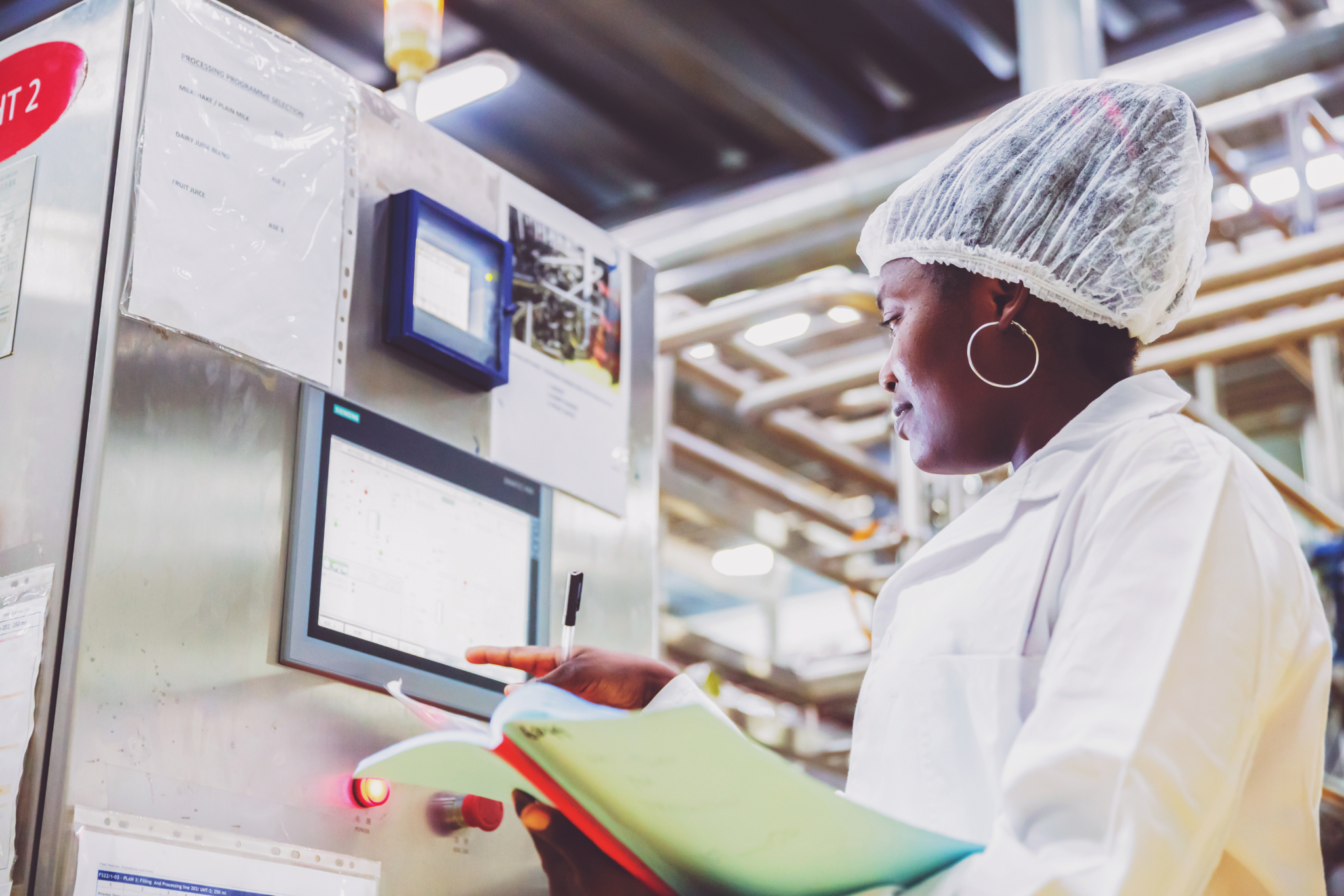Computer vision and data modelling for resources optimalisation and waste prevention

The Partners
Brouwerij De Brabandere is a renowned brewery with several beers in their portfolio that have embraced digitization and sustainability for years. They are actively transitioning to sustainable production through initiatives such as installing solar panels and treating wastewater for biogas recovery. Besides these integrations, they are also looking for ways to make the data they collect on energy and water usage more useful.
Pomuni Frozen is an experienced producer of frozen potato products. They, too, are committed to sustainability and digitization and were even awarded the Factory of the Future award this year. Alongside an almost fully automated production process, their goal is to bring potatoes from the field to the plate as efficiently as possible. Digital innovations and in-depth data analysis can provide further insights to achieve this.
On the other hand, Yazzoom specializes in supporting and improving production processes using computer vision, artificial intelligence (AI), and advanced process control. The team is strongly focused on designing and developing innovative technologies.
Project Objective
Both Brouwerij De Brabandere and Pomuni Frozen aim to reduce their energy and water consumption and combat food waste, relying on collaboration with Yazzoom. Over the years, Yazzoom has developed state-of-the-art AI software called "Yanomaly" for detecting product and process deviations. This software will be further expanded, tested, and fine-tuned in this project to address the challenges faced by food producers. The integration of computer vision and AI will provide new insights that lead to concrete actions to make production processes even more efficient.
Project Approach
Both food companies initially focus on installing and integrating new sensors at various stages of their production processes to obtain a detailed overview of water and energy consumption. The "Yanomaly" software will also be extended to generate easily understandable diagnostic analyses and offer recommendations to production operators. Both food companies will thoroughly test and fine-tune this enhanced software package.
Additionally, Pomuni Frozen will invest in cameras to inspect the quality of potato products as they exit the oven. This allows rejected products to be immediately removed, eliminating energy waste in subsequent production stages. In a later phase, work will be done on the software's user interface to enable Pomuni employees to add new potato products with their specific quality characteristics to the system. Finally, the software will be linked to AI-based anomaly detection and predictive models, enabling the early detection of quality issues.
